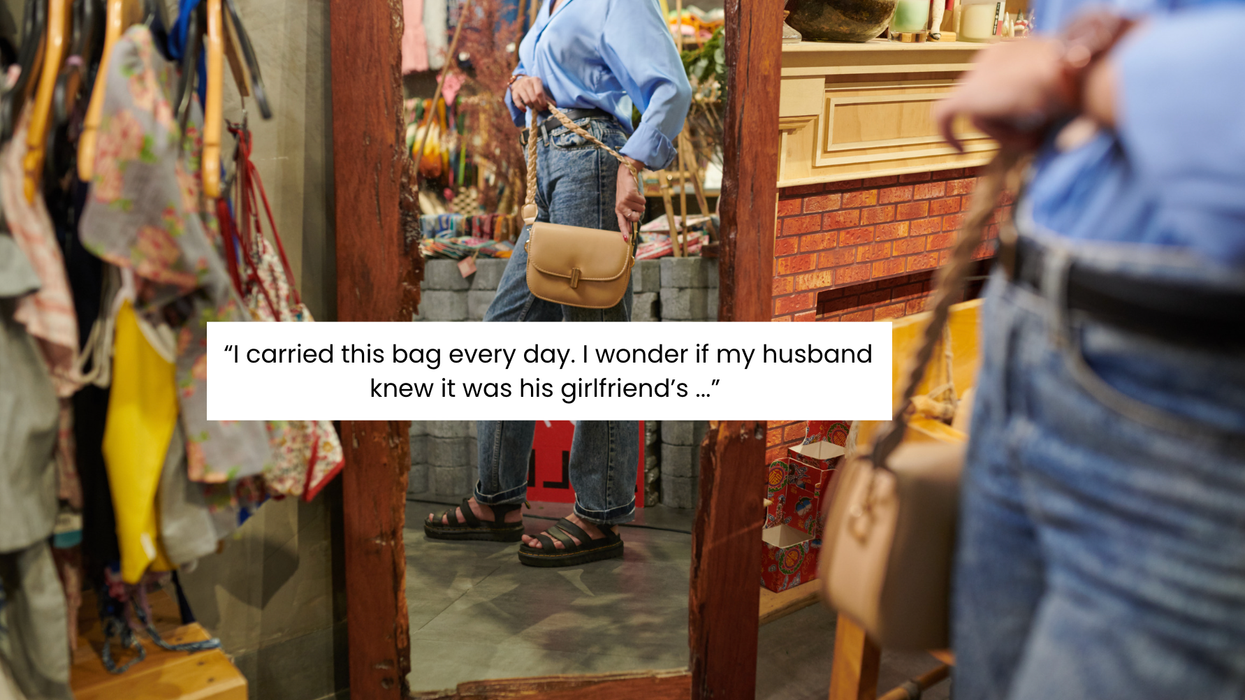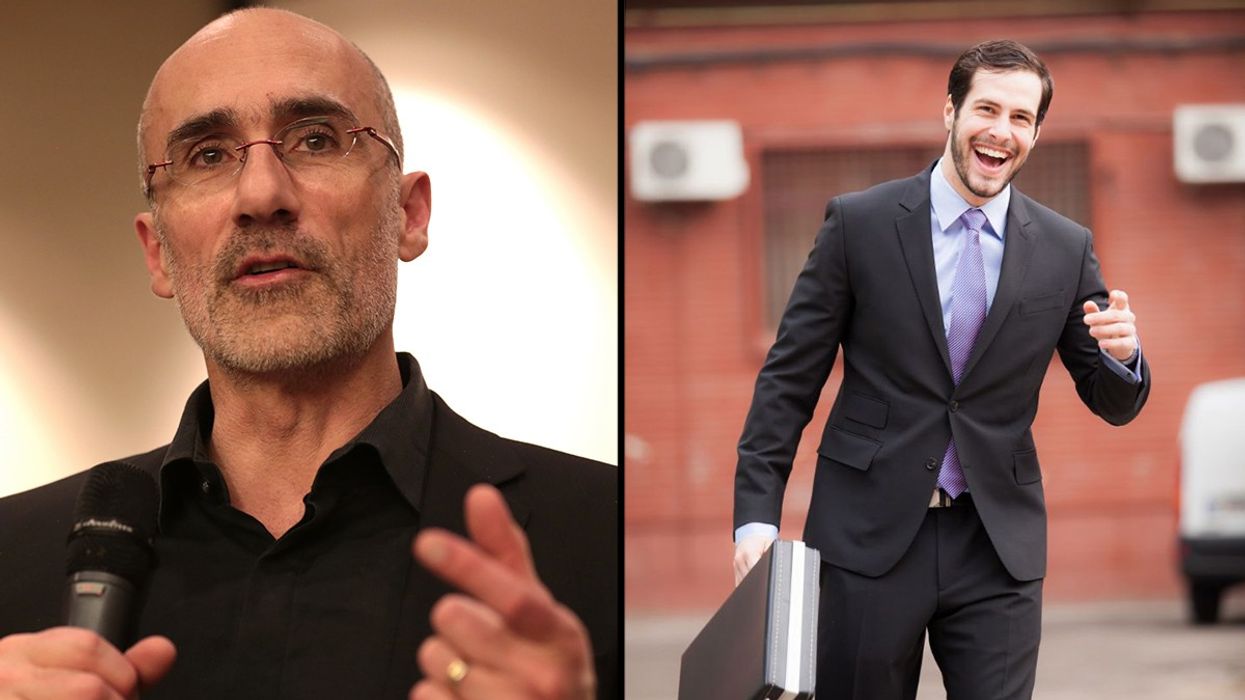Our nation is being hit by the worst environmental disaster we've ever experienced. Upwards of 100,000 barrels of oil are streaming into the Gulf of Mexico every day, adding up to the same amount spilled from Exxon Valdez every four days or so. It's been 49 days since the Deepwater Horizon sank, that's about as much as 12 Exxon Valdez spills and we're still months away from it being plugged.
BP has been successful in capturing a small portion of the oil, claiming to be now capturing around 15,000 barrels of oil a day, but anyone watching the live feed still sees vast billowing clouds of oil streaming out from around BP's cap. Even BP's best-case estimate puts that 15,000 barrels as a third of the oil leaking out, meaning 45,000 barrels are pumping out every day. Multiply that by two to compensate for the BP BS factor and you have 90,000 barrels a day.
At this point I trust BP about as far as I could throw a barrel of oil. I'm disgusted that they are withholding data and access to both the leak site and the affected areas. They're clearly responding to the oil spill not with the country's best interest in mind but with their corporate bottom line as their number one priority. They will pay more fines if it can be shown that the daily total of oil leaking out is higher so they do whatever they can to keep that estimate as low as possible.
Remember, they first said they thought it was 1,000 barrels of oil a day. Then 5,000 barrels a day became the go-to number. Now BP is capturing 15,000 barrels of oil and only getting, by their starry-eyed best estimate, a third of the oil leaking out.
What has BP done to earn anyone's trust? Their CEO has been bumbling around the news cycle making an *** of himself (The Onion didn't even need to make up any of his quotes, he actually said everything in this article). They've blocked journalists from covering the story, warned contractors not to photograph any oil covered animals they see, and they've lied about the amount of oil spilling out at every step. It's looking more and more likely that their corner cutting caused the problem in the first place and they've dumped millions and millions of gallons of their toxic in-house oil dispersants into the sea. It's not hard to see sinister intentions behind even this one- it's easier for BP to claim a lower number if less oil shows up on the surface of the ocean.
In short, the government has allowed BP to make a right mess of the whole thing.
We must absolutely use this disaster as an opportunity to make drastic changes to how we handle drilling off our shores. If we don't, we deserve every large spill that comes afterwards. And mark my words- if we don't enact massively comprehensive changes to offshore drilling, we will see another big oil leak within the decade. As oil gets scarcer, oil companies will be enticed to make riskier and riskier drills. Some common sense regulation could make sure that any bold moves made are backed up by rock solid safety measures.
To start, the cap on oil spill liability must be lifted or given an absurdly large limit, say a trillion dollars. The damage BP is wreaking on the environment and economy is in the hundreds of billions of dollars. Why shouldn't they pay every cent of damages? If it bankrupts them, then it bankrupts them. That seems like a pretty good reason for oil companies to make DAMN sure their oil rigs are super safe. It will finally make business sense to drill safely.
Along that line of thought, every oil well should be backed up by a relief well. Right now BP is drilling a relief well to the pocket of oil feeding the Deepwater Horizon leak. It's the only way to actually stop a spill- by drawing off on the relief well BP will be able to overcome the pressure of the leaking drill and cap it with cement.
If BP had been forced to have a relief well already drilled, this thing would have been over a few days after it started.
Perhaps the biggest change that I think needs to happen is the creation of a government force specializing in stopping and cleaning up oil leaks. It's madness to leave the cleanup job to the company who caused it- as we're seeing with BP, the oil companies will always operate with their corporate bottom line as their priority. We need an organization bearing the full weight and authority of the United States Government who are total pros at cleaning up after and fixing oil leaks. Hire the best people out their now, give them a budget to operate a top-notch team, and tax the crap out of the oil industry to pay for it all.
If we had a government agency in charge of responding to oil leaks we would have the real transparency that such a disaster calls for. We'd know exactly how much oil was spilling out and how it happened in the first place. Journalists would have free reign to report on the story and all the data and video footage would be shared freely on the web.
All of these changes won't be cheap and the costs will get passed on down to us, the consumers. Safe oil stopped being cheap oil a long time ago, this is just a wake-up call from all the costs we've externalized over the years.
That's what we need to do to fix the system. Can we, the people, fight against the combined efforts and resources of Big Oil? I'll be honest, I have my doubts. Big Oil has spent too much money in Washington, DC and counts too many legislators in their pocket to go quietly into the regulatory night.
So, most likely we'll be revisiting this popular rage in five or ten years when the next oil leak springs. Maybe after that one we'll get around to fixing the system.
Or maybe the one after that.
Shea Gunther blogs about politics, energy, and earth's resources for the Mother Nature Network
Related Articles on Mother Nature Network:















 Otis knew before they did.
Otis knew before they did.